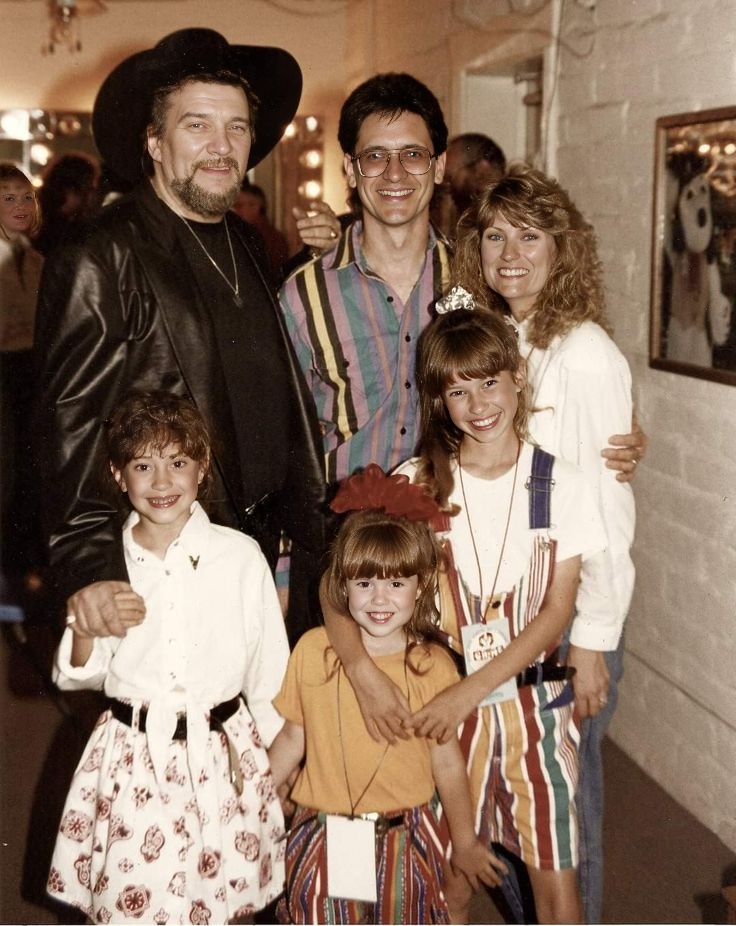
Waylon Jennings, a towering figure in the Outlaw Country movement, wasn’t just a musician; he was a rebel, a defiant spirit who reshaped the landscape of country music. With his signature Telecaster twang, booming baritone, and unapologetic attitude, Jennings challenged the polished Nashville sound of the time, paving the way for artists like Johnny Cash and Willie Nelson to explore a more authentic, raw, and personal style. He earned numerous accolades throughout his career, including multiple Grammy Awards and CMA Awards, and consistently topped the country charts with hits like “Good Ol’ Boys” (the theme song for “The Dukes of Hazzard”), “Luckenbach, Texas,” and “Mammas Don’t Let Your Babies Grow Up to Be Cowboys.”
“Lonesome, On’ry and Mean,” particularly the electrifying live version from his 1975 Texas performance, encapsulates the essence of Jennings’ outlaw persona. The song, written by Steve Young, delves into the complexities of a man grappling with loneliness, a rough exterior, and a perceived lack of understanding from the world around him. It’s not just a lament; it’s a defiant declaration of independence, a rejection of societal expectations, and an embrace of individuality, however flawed. The lyrics paint a portrait of someone who prefers solitude to superficiality and isn’t afraid to be perceived as “mean” if it means staying true to himself.
This live rendition amplifies the song’s raw energy. The audience reaction from that Texas show speaks volumes. You can hear the cheers and whistles, a testament to the deep connection Jennings forged with his fans. They weren’t just listening to a song; they were witnessing a shared experience of defiance, vulnerability, and the unwavering pursuit of authenticity. The crowd’s enthusiastic participation underscores the enduring appeal of “Lonesome, On’ry and Mean,” a song that resonates with anyone who has ever felt like an outsider, a rebel, or simply, themselves.